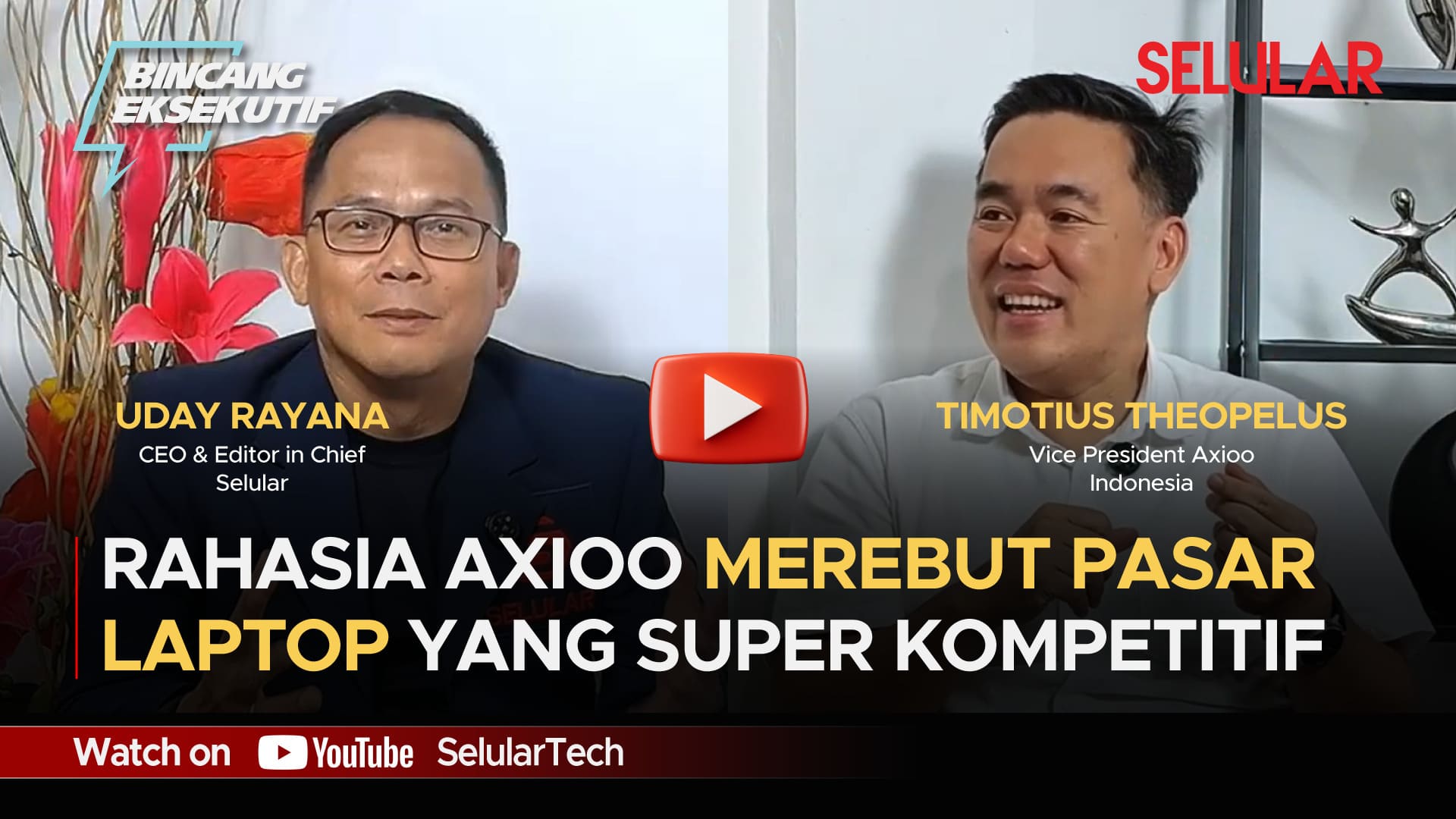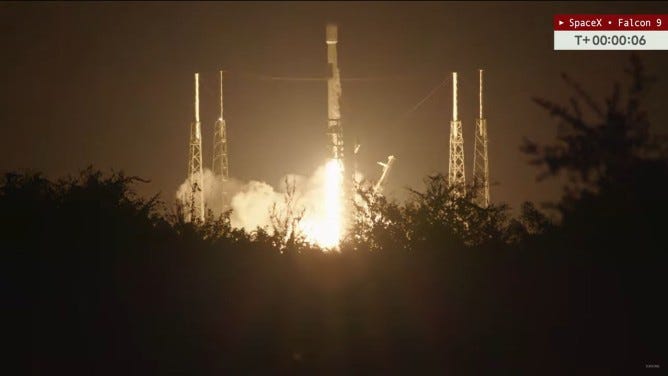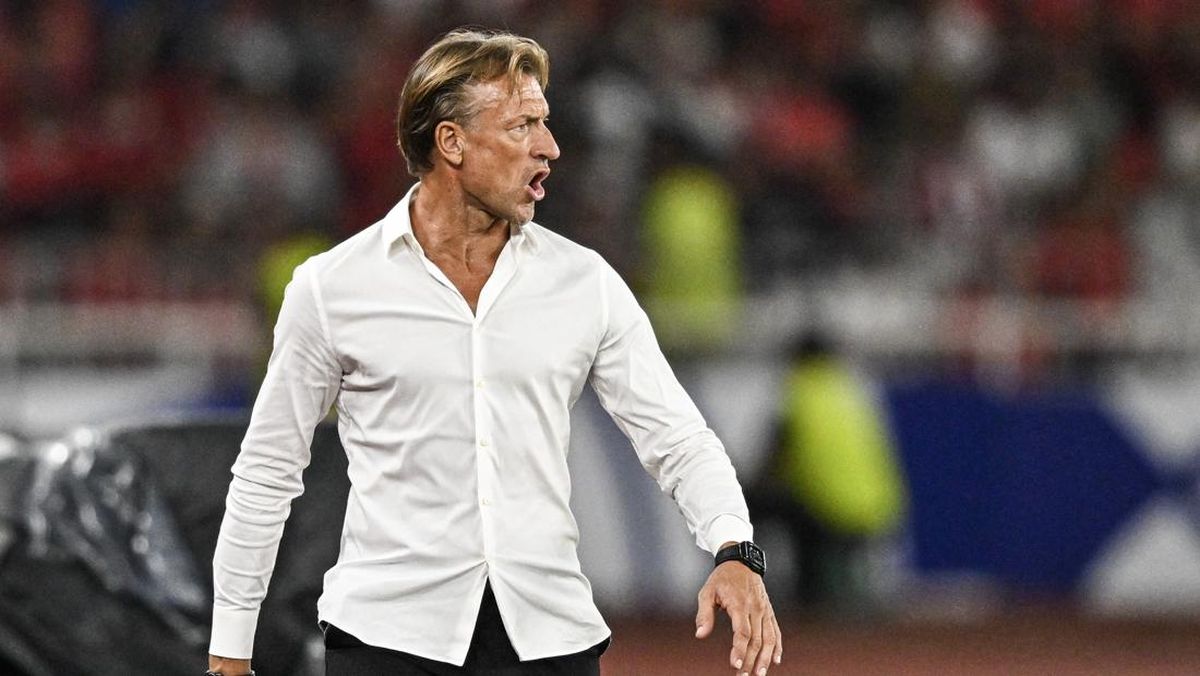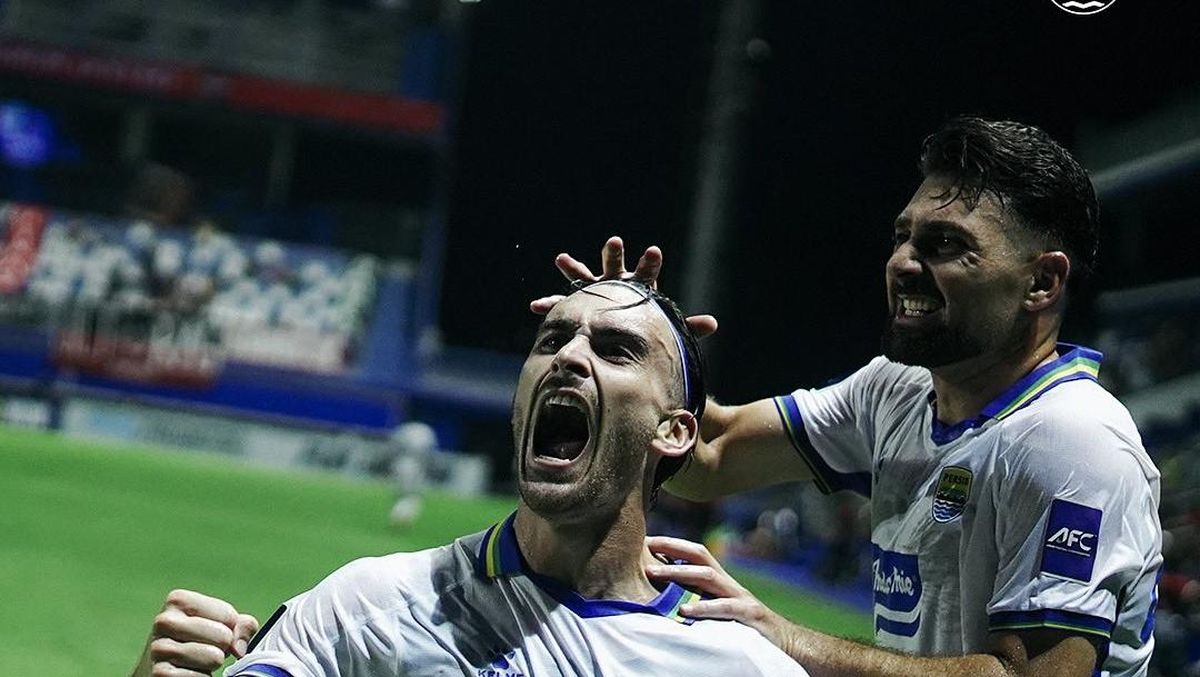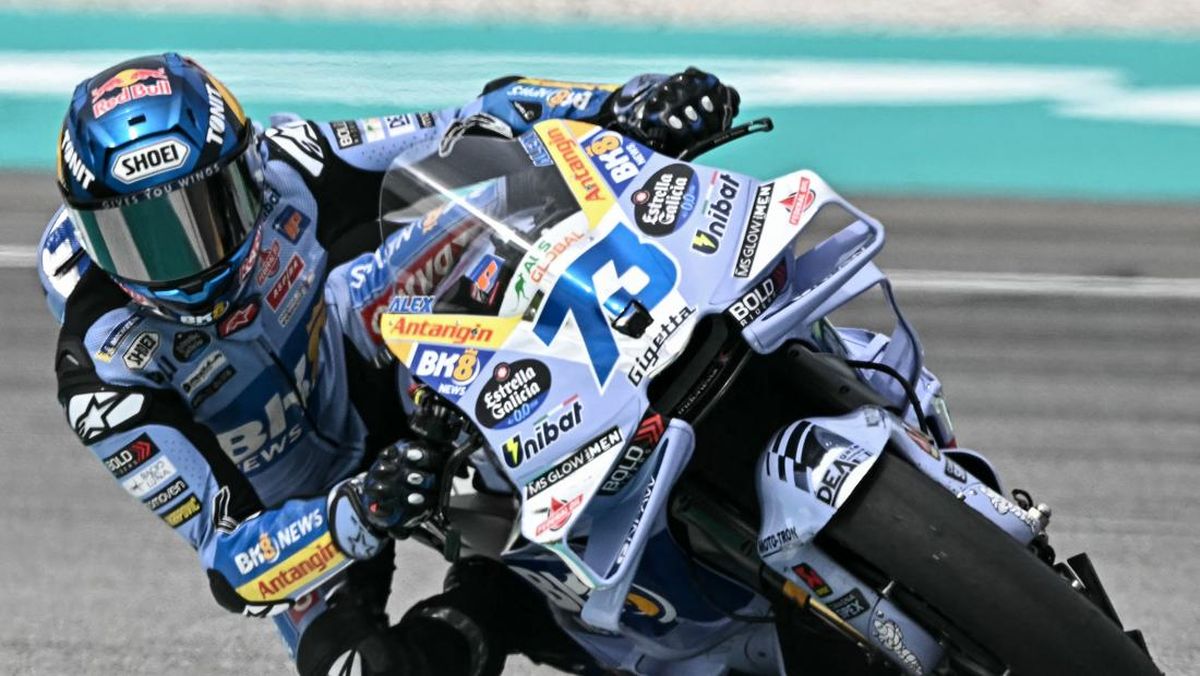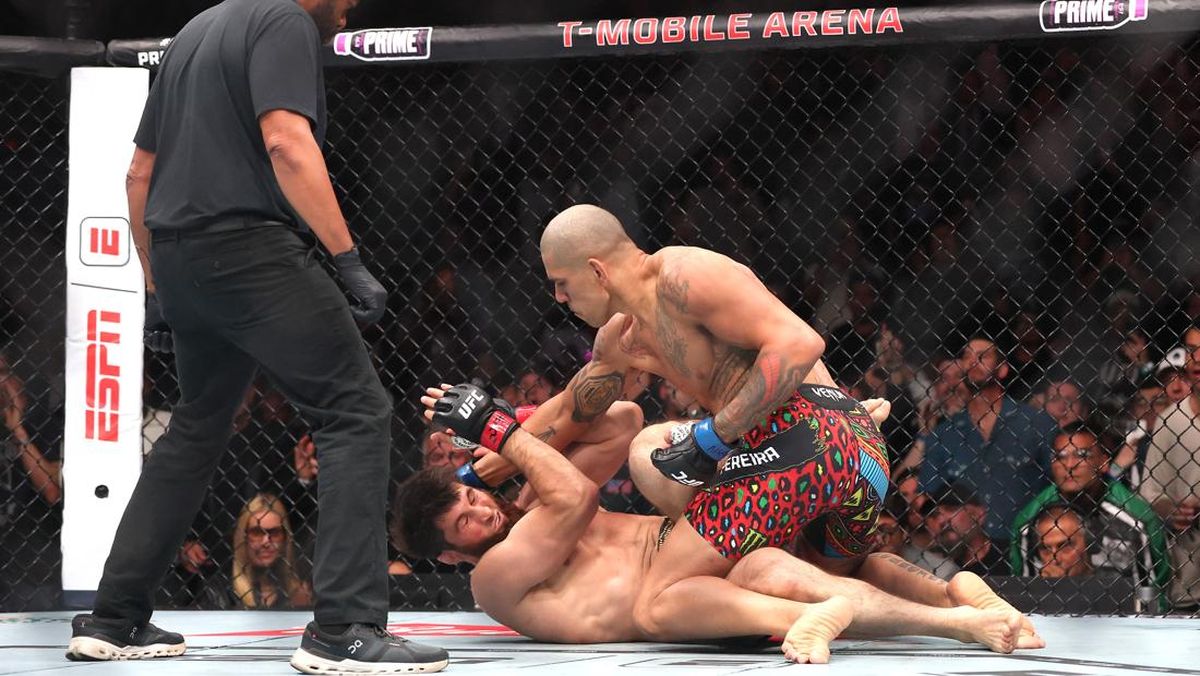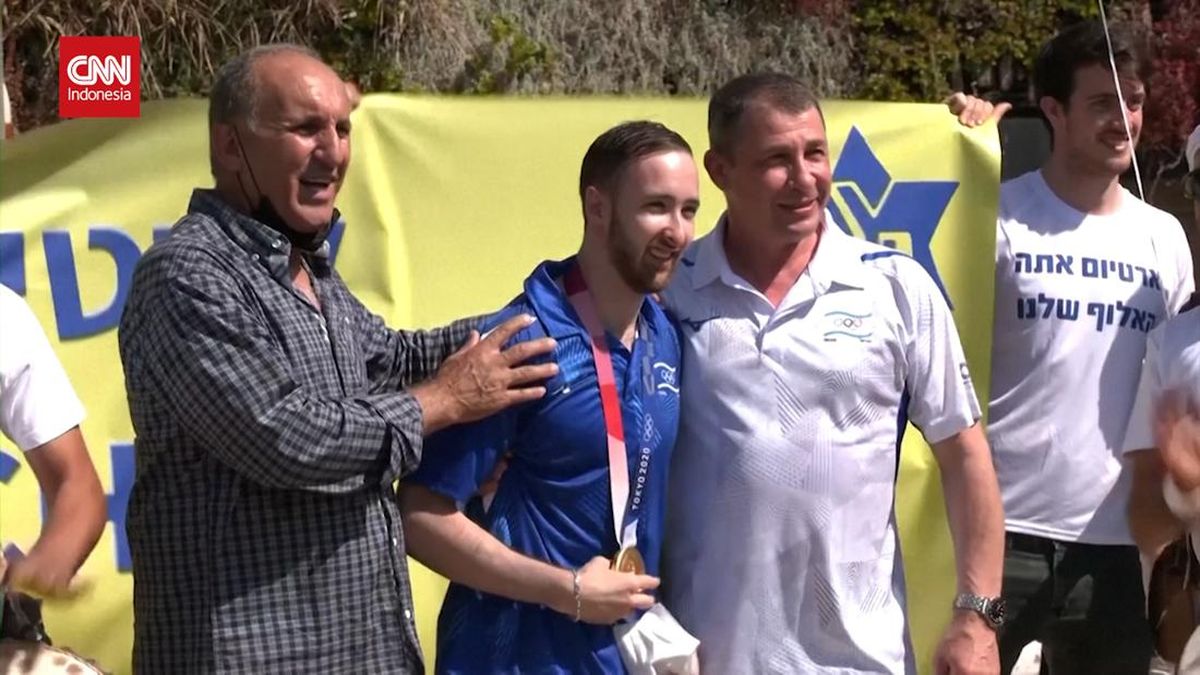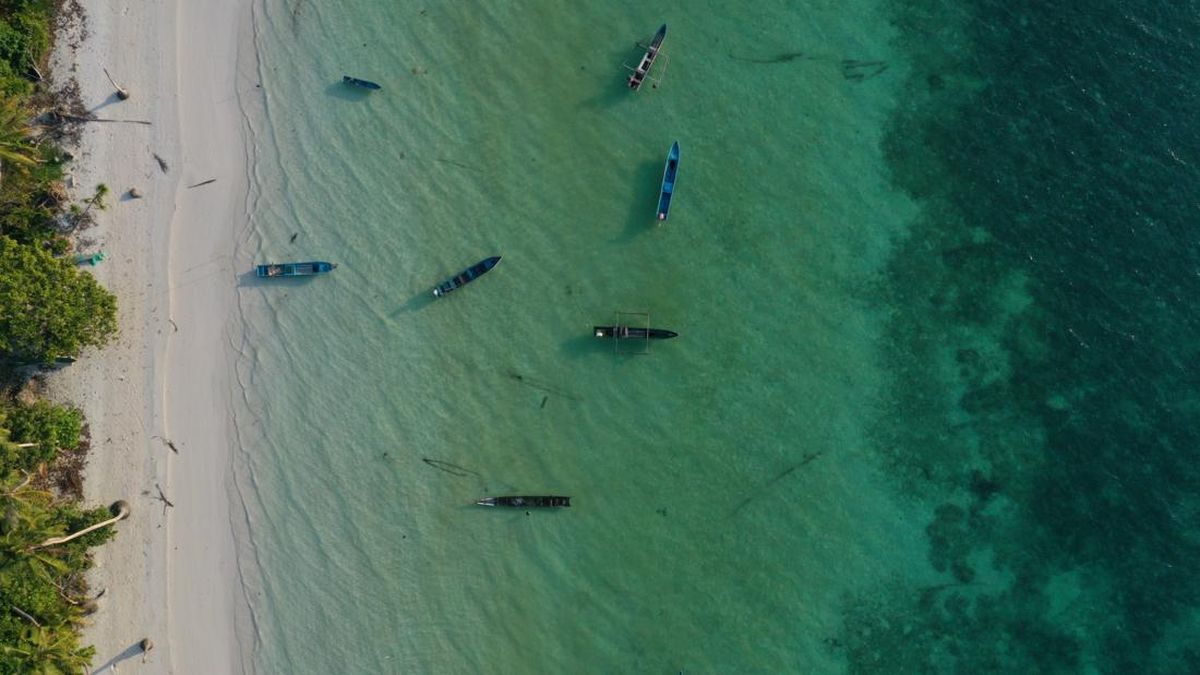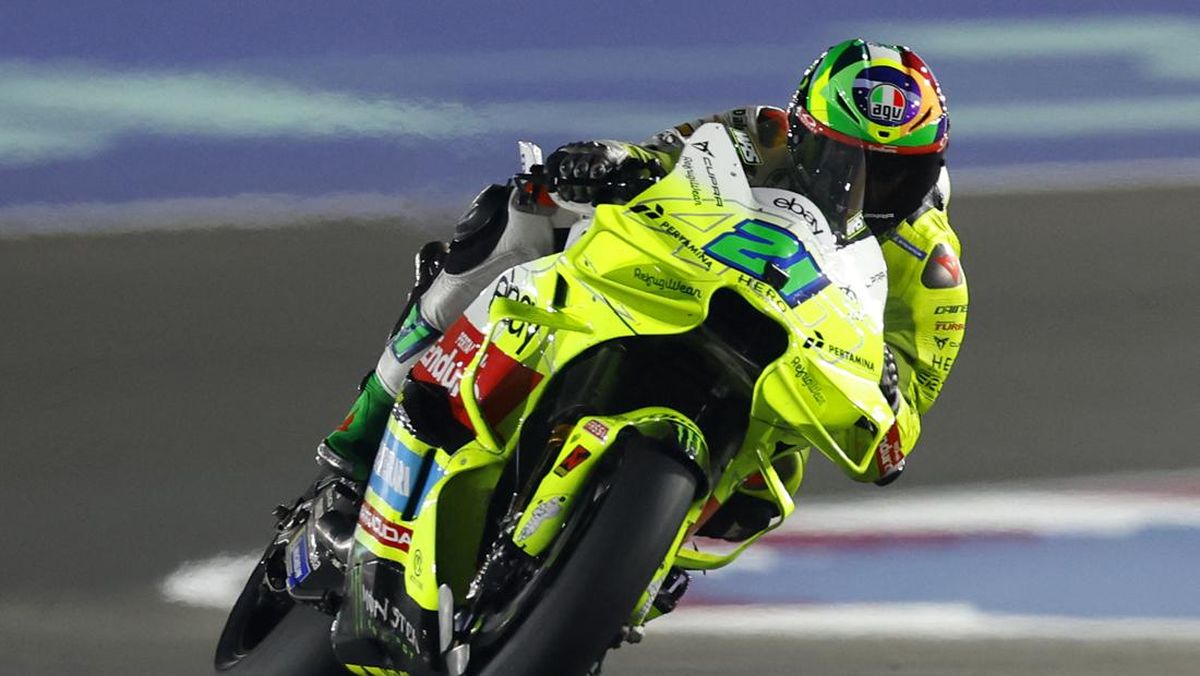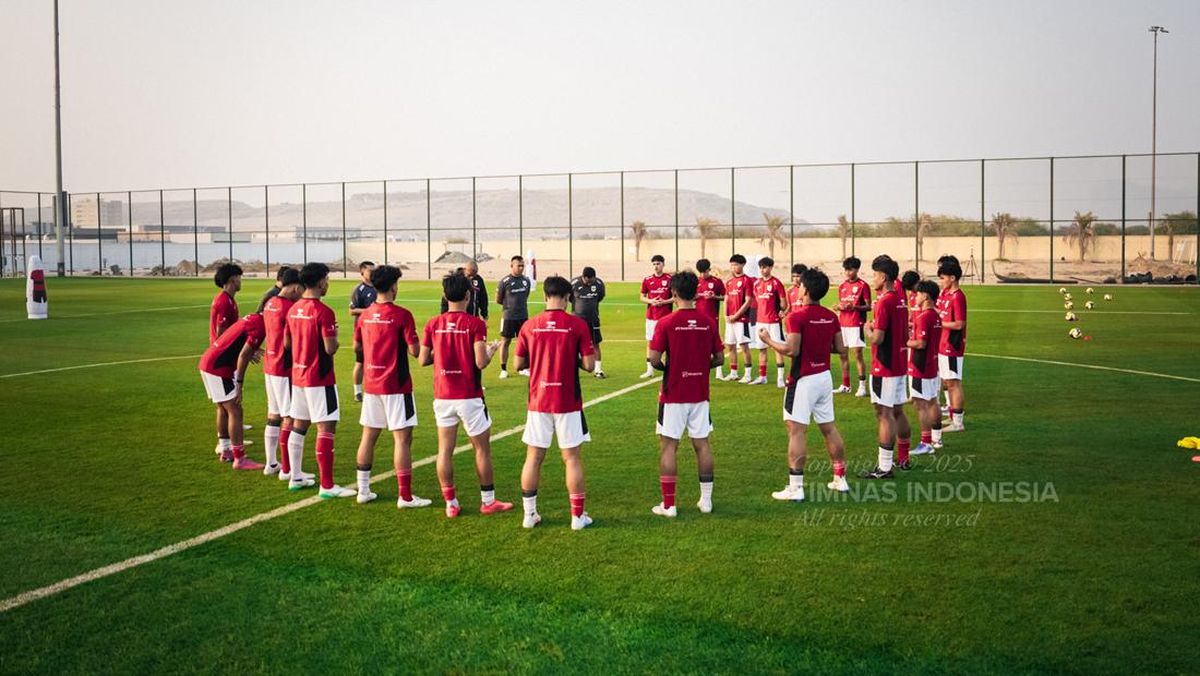Maputo, Mozambique – On a warm September morning in Maputo, President Daniel Chapo stood before an auditorium of delegates, government ministers and opposition figures to declare “the start of a path in which Mozambique looks at itself in the mirror, listens to itself, and projects its future with the strength of its diversity”.
At 48, Chapo is the country’s first leader born after independence. He took over as president in January at a critical time for the country, amid economic challenges, a humanitarian crisis and armed rebellion in the north, and in the shadow of post-election unrest.
Recommended Stories
list of 3 items- list 1 of 3Mozambique at 50: A conversation with President Chapo
- list 2 of 3Benefits ‘on the plate’: Big and small businesses eye growth in Mozambique
- list 3 of 3‘Food, jobs, hope’: Mozambique seeks investment route to economic recovery
But the new leader says he has a vision for the country, and a plan to put it into place – starting with the two-year “inclusive national dialogue” he launched in the capital on September 10.
“All voices count, all hands help to build, and all dreams have their place,” Chapo, speaking at the launch, told the representatives of different political parties, including Venancio Mondlane, who was a leading figure in the post-election protests. “Not a single Mozambican is excluded.”
Weeks before, Chapo sat down with Al Jazeera for an in-depth interview, where he spoke about Mozambique’s challenges and opportunities, and the dialogue he hopes can help forge a more inclusive and peaceful future.
 Mozambican President Daniel Chapo [Al Jazeera]
Mozambican President Daniel Chapo [Al Jazeera]‘500 years of colonisation’
Outside the presidential palace in Maputo, old Portuguese colonial architecture sits cheek by jowl with contemporary buildings and makeshift structures.
For Chapo, understanding Mozambique today requires an understanding of its long history as a subject of empire, its fierce battle for independence, and the deadly civil war that his Mozambique Liberation Front (FRELIMO) party finally ended by signing a peace agreement with rebels from the Mozambican National Resistance (RENAMO) in 1992.
Sitting in a wood-panelled room in the palace, he explained: “[It was] 500 years of colonisation versus only 50 years of independence. And within these 50 years, we had 16 years of war that destroyed public and private assets, burned shops, factories, railways, and killed more than one million Mozambicans.”
It is through active attempts at unity and the country’s ability to listen and negotiate that many of these challenges were overcome, he says.
Portuguese colonialists first established control of Mozambique – a resource-rich Southern African nation on the Indian Ocean – in the 1500s. By the mid-20th century, as countries across the continent were gaining independence, FRELIMO formed as an anticolonial liberation movement and, in 1964, launched an armed struggle for independence.
“Mozambicans, at the beginning, opted to achieve independence through diplomatic means, but unfortunately, the coloniser did not accept the diplomatic path,” Chapo explained. “That is why Mozambique’s independence was achieved through armed struggle.”
But eventually, after 10 years of fighting during which thousands of people were killed, the negotiated settlement they preferred prevailed.
A ceasefire was agreed in September 1974, with the signing of the Lusaka Accord in Zambia’s capital. This led to Mozambique’s negotiated independence from Portugal by June the following year.
A similar approach led to the end of the country’s civil war.
In 1977, just two years after independence, RENAMO rebels – backed by apartheid South Africa, the Rhodesian white minority government, and others – launched a rebellion against FRELIMO.
What followed was a decade and a half of brutality and upheaval during which a million people were killed and a third of Mozambicans were forced to flee their homes. The war finally ended with the signing of the Rome General Peace Accords in Italy in 1992.
“We needed to understand who the leadership [of RENAMO] was, what the organisation was, and what its objectives were,” Chapo explained about the process that led to peace. “We thought it was important [that] – while continuing an armed struggle to protect our population … we also had to pursue dialogue.”
 A Mozambique Liberation Front FRELIMO soldier, left, and a Portuguese soldier share the same armoured car while on patrol in the streets of Lourenco Marques (later Maputo), just after Mozambique gained independence. Until independence, FRELIMO was engaged in a war against Portuguese forces [File: AP Photo/Nayar]
A Mozambique Liberation Front FRELIMO soldier, left, and a Portuguese soldier share the same armoured car while on patrol in the streets of Lourenco Marques (later Maputo), just after Mozambique gained independence. Until independence, FRELIMO was engaged in a war against Portuguese forces [File: AP Photo/Nayar]Two key challenges
For Chapo, a qualified lawyer who also worked as a broadcast journalist before he entered politics, it is “important to find paths to peace”.
This year marks the 50th anniversary of Mozambique’s independence from Portugal. Chapo was born in 1977 after the country had already gained its freedom. But he grew up during the civil war, which has left scars that the country is still working to heal.
“Challenges remain,” he said, acknowledging the myriad problems facing Mozambicans, including feelings of social and economic exclusion, youth anxiety, climate disasters, and the rebellion in resource-rich northern Cabo Delgado province.
But he urged that the challenges be put into context, as many are not new.
Following the October 2024 election, opposition parties alleged irregularities in the voting process, which kicked off weeks of public protests that swept across the country. For Chapo, post-election unrest is a longstanding challenge that Mozambique has faced since the end of the civil war.
“Whenever there are elections every five years, peace is always at risk,” he said. “We’ve never had a single election since 1994 that ended without some violence and destabilisation. So our challenge now is to see if we can achieve definitive economic, political, and social stability.”
Chapo believes his government’s “policy of economic, social and political inclusion” will address this by “gradually allow[ing] every Mozambican – whether or not they belong to the ruling political party – to feel that development in Mozambique positively impacts them.”
Of all the country’s challenges, easing tensions after the protests and ending the rebellion in Cabo Delgado appear to be the government’s top priorities.
Since 2017, an ISIL affiliated armed group has been operating in parts of Cabo Delgado province, launching attacks that have killed and displaced thousands of civilians. Security analysts say some fighters are driven by perceived socio-economic exclusion in an area that’s also rich in natural gas reserves, but the group has not publicly stated its aims.
Mozambican armed forces – together with Rwandan, Tanzanian and Southern African Development Community (SADC) troops – are on the ground helping combat armed attacks, Chapo says. But he agrees that more must be done to get to the root of the troubles.
For both of the country’s two main struggles in 2025, Chapo goes back to the same proposed solution: negotiations.
The new national dialogue was launched to speak to rival political parties and listen to one another’s needs and concerns, he said. Meanwhile, in Cabo Delgado, the government is working to understand the rebellion’s “leadership and motivations” – in the same way FRELIMO worked to understand RENAMO in ending the civil war.
“Like with independence, after 500 years, and the civil war after 16 years, peace only came through dialogue,” Chapo said.
And even then, it was only when Mozambicans “remained one and indivisible” that the situation improved.
 People on the streets of Maputo, Mozambique, after the 2024 election [File: Carlos Uqueio/AP]
People on the streets of Maputo, Mozambique, after the 2024 election [File: Carlos Uqueio/AP]Including all Mozambican citizens
As the country deals with its front-line challenges, outside observers have expressed concerns.
Western institutions and analysts often comment on insecurity as well as Mozambique’s struggling economy and years of institutional corruption. The World Bank also lowered the country’s projected gross domestic product (GDP) growth to just 3 percent this year.
However, the government is working to highlight areas of opportunity, and ministers in Chapo’s government seem confident in the new leader’s vision to include all Mozambicans.
“President Chapo is someone with a clear vision for the path of development,” Antonio Grispos, Mozambique’s secretary of state for commerce, told Al Jazeera. “He is not only by the numbers, but wants to share this [Mozambique’s resources] – to be visible to the communities [who own them].”
Chapo is confident that Mozambique’s richness in agriculture, tourism, industry, energy and mineral resources like gas, gold and diamonds will help improve the economy, together with a foreign policy committed to “more friends, fewer enemies”.
In areas where the country appears to be lagging behind, the president points to the gains made despite the hurdles.
“Before independence, we had only one university; today we have more than 50. In health, there were fewer than five doctors [before independence]; today we have more than 2,000,” he said. Mozambique also hosts “Africa’s largest suspension bridge”, he added.
And while Mozambique had a longer, more arduous road to democracy than some of its neighbours, Chapo feels this was in some ways a blessing, as it helped it emerge in control of its own currency, central bank, land and resources – things some African nations are still fighting for.
“Even though it took longer to achieve an independence that we think was worth it, it brought true freedom for the land and the Mozambican people.”
 A man jogs past a billboard in Maputo with a picture of Mozambique’s Daniel Chapo, before the October 2024 national election [File: Siphiwe Sibeko/Reuters]
A man jogs past a billboard in Maputo with a picture of Mozambique’s Daniel Chapo, before the October 2024 national election [File: Siphiwe Sibeko/Reuters]‘Resilient people’
Today, the country has freedom, but more effort is needed to fortify unity and rebuild trust, Chapo concedes.
It’s part of the reason for the government’s national dialogue.
The initiative will bring together voices from across the spectrum – civil society, academia, youth, women, religious leaders and all political parties. “Our aim,” said Chapo, “is to build inclusive governance, where every Mozambican, regardless of ethnicity, religion or political affiliation, must be considered Mozambican first.”
The president’s appeal for unity comes at a critical moment. The dialogue initiative, if successful, could redefine relations between government and society, break the country’s cycle of electoral strife, and set Mozambique on a path to sustainable development. But for many still living in poverty and violence, deep wounds and scepticism remain.
Chapo, though, is hopeful, concluding with a sweeping long-term vision to fight corruption, strengthen meritocracy, embrace diversity and involve the youth.
“For the next 50 years, our vision is peace, security, prosperity,” he said, “to build a developed, prosperous, sustainable Mozambique where all citizens share in the nation’s wealth.”
He believes that only by listening to one another can Mozambicans achieve the unity and peace the nation deserves.
“Conflict resolution worldwide shows: eventually, all wars end at the negotiating table – whether in Ukraine-Russia, Israel-Palestine, or the DRC. Mozambique will be no exception,” Chapo said, surrounded by a row of red, green, black and yellow Mozambican flags bearing the national symbols of an open book, a hoe and a rifle.
“Mozambique,” he said, “is a country with very resilient people.”

 2 months ago
27
2 months ago
27















